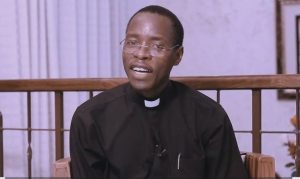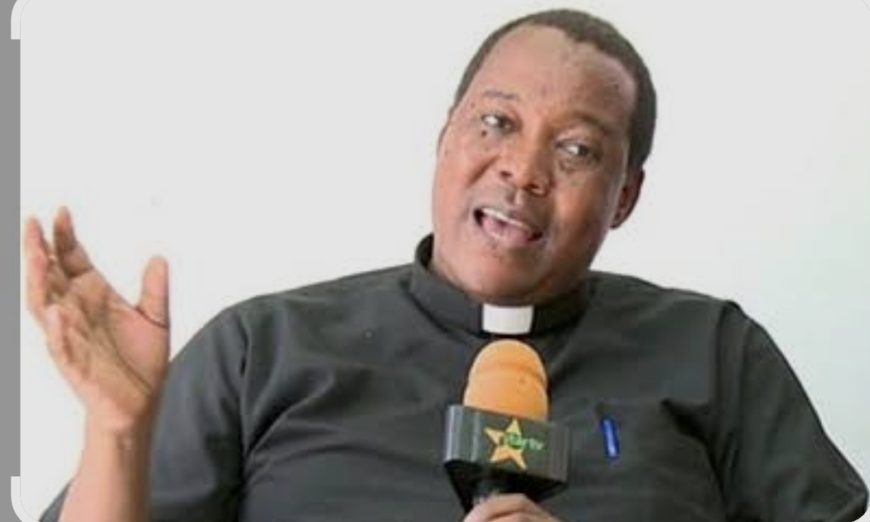Fr. Charles Kitima, the Secretary General of the Tanzania Episcopal Conference (TEC), was brutally attacked and seriously injured on Tuesday evening at his residence in Kurasini, Dar es Salaam. The assault, allegedly carried out by individuals linked to state actors, has sent shockwaves across the country and drawn condemnation from human rights defenders and religious communities alike.
The attack comes amid escalating tensions between the Catholic Church and the government, as religious leaders increasingly voice concern over growing authoritarianism, human rights violations, and electoral injustices under President Samia Suluhu Hassan’s administration. Fr. Kitima has been one of the most vocal critics of the regime, recently asserting that “no one can silence the Church” in its advocacy for social justice.
While police claim they are investigating the matter, observers and sources close to TEC say the assault appears to be politically motivated. It follows a pattern of threats and intimidation targeted at clergy and other civil society voices who have criticized the ruling Chama Cha Mapinduzi (CCM) governance, particularly its handling of upcoming general elections and treatment of the opposition.
“There is a clear and worrying trend,” said a TEC insider who requested anonymity for security reasons. “Whenever the Church raises its voice against oppression, someone tries to make us pay.”
A history of confrontation
This is not the first time the Catholic Church has clashed with the state. In 2018, during the presidency of the late John Magufuli, TEC issued a bold pastoral letter condemning the government’s deteriorating human rights record, including the suppression of political dissent, media freedom, and civil liberties. In response, the government revoked the passport of TEC’s then-secretary general, Fr. Raymond Saba, rendering him stateless. He died under mysterious circumstances months later.

Fr. Kitima, his successor, has continued that legacy of moral resistance. He has frequently criticized systemic corruption, electoral malpractice, and the harassment of opposition leaders – issues he describes as both political and spiritual sins. “Our mission is to serve the whole human person- spiritually, socially, and economically,” he has repeatedly said, on several occasions. “Guiding people against injustice is part of our divine calling.”
The political context
The attack comes just months before the scheduled October general elections, which have already drawn widespread criticism. The main opposition party, CHADEMA, has declared a boycott and has vowed to block it, claiming it would never again take part in an election in the absence of fundamental changes in the electoral systems.
Civil society actors and international observers have raised concerns about the shrinking democratic space, arbitrary arrests of opposition members, and a heavily compromised electoral commission.
Religious leaders have urged the government to ensure a free, fair, and peaceful electoral process. However, some CCM hardliners have accused the clergy of overstepping their spiritual mandate and engaging in political agitation. Yet, Church leaders insist that justice, peace, and human dignity are inseparable from their faith mission.
An ominous sign for democracy
The assault on Fr. Kitima is widely interpreted as an attempt to silence dissenting voices ahead of the polls. Analysts warn that such acts of violence risk undermining Tanzania’s long-standing reputation as a bastion of peace in the Sub-Saharan region.
Whether this tragic incident will galvanize a broader movement for accountability – or push the country deeper into silence – remains to be seen.










